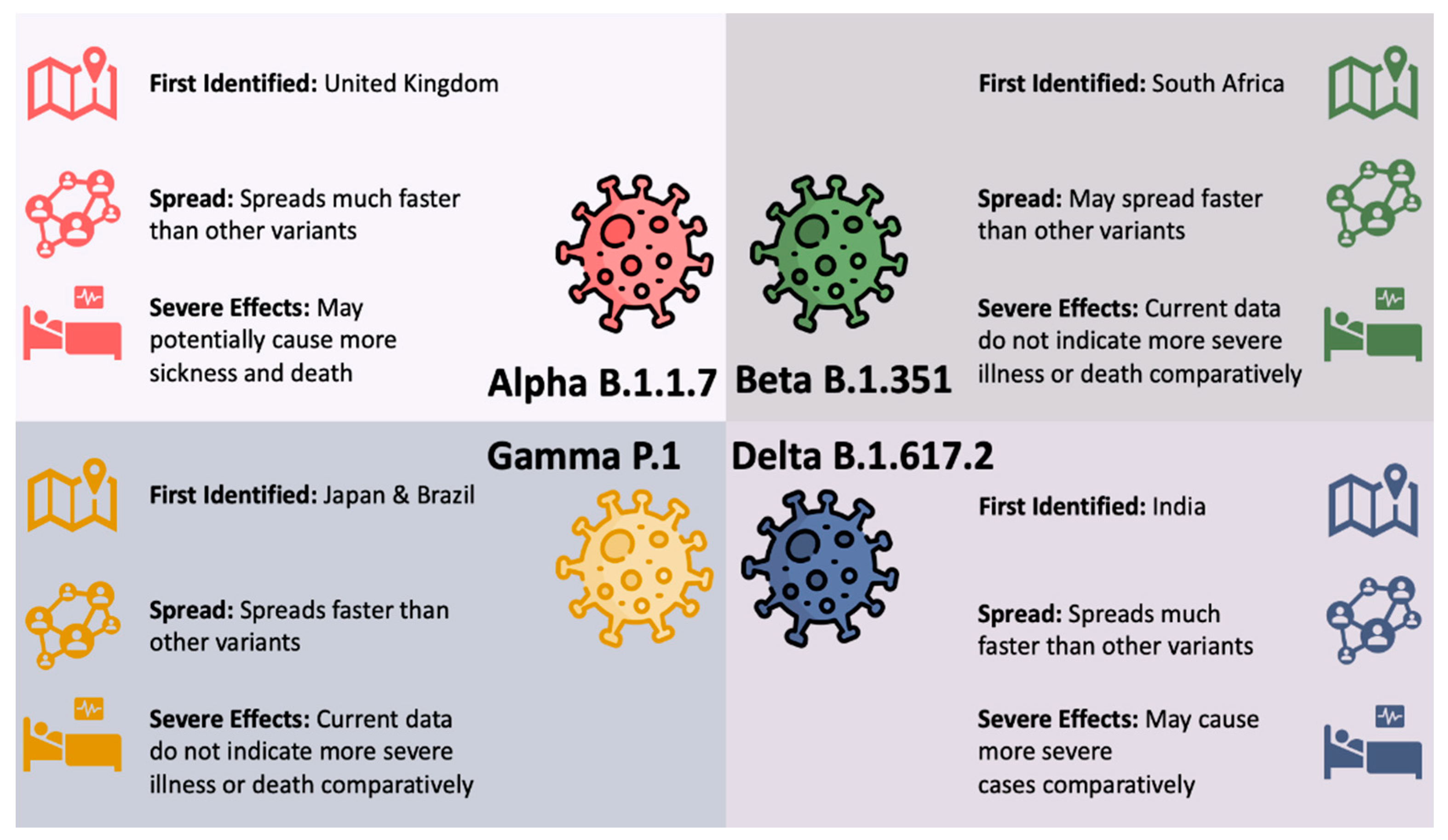Common Symptoms of COVID Variants: Covid Variants Symptoms

Covid variants symptoms – COVID variants, like Omicron and Delta, exhibit a range of symptoms that may vary depending on the specific strain and an individual’s immune response. Understanding the common symptoms associated with different variants can help in early detection and timely medical attention.
The timeline of symptom onset and duration can also vary among variants. Omicron, for instance, has a shorter incubation period and tends to cause milder symptoms than Delta, which is known for its severity and prolonged duration.
Respiratory Symptoms
- Cough (dry or productive)
- Shortness of breath or difficulty breathing
- Chest pain or tightness
- Wheezing
Systemic Symptoms
- Fever or chills
- Fatigue or tiredness
- Muscle or body aches
- Headache
Gastrointestinal Symptoms
- Nausea or vomiting
- Diarrhea
- Abdominal pain
- Loss of appetite
Neurological Symptoms
- Loss of taste or smell
- Confusion or delirium
- Seizures
- Stroke
Other Symptoms, Covid variants symptoms
- Skin rashes or lesions
- Conjunctivitis (pink eye)
- Swollen lymph nodes
- Multisystem inflammatory syndrome in children (MIS-C)
Distinguishing Symptoms Between Variants
With the emergence of various COVID-19 variants, understanding the unique symptoms associated with each strain has become crucial for effective diagnosis and treatment. While some symptoms may overlap, certain key distinguishing features can help differentiate between different variants.
Distinguishing symptoms between variants can be challenging, as some variants share similar symptoms. However, certain variants have been associated with specific symptoms that can provide clues to their presence.
Key Distinguishing Symptoms
- Omicron Variant: Fatigue, headache, sore throat, runny nose, and sneezing are common symptoms. Less commonly reported symptoms include loss of taste or smell, fever, and shortness of breath.
- Delta Variant: Fever, headache, sore throat, cough, and loss of taste or smell are frequently observed. Other symptoms may include shortness of breath, muscle aches, and nausea.
- Alpha Variant: Fever, cough, fatigue, and shortness of breath are the most common symptoms. Headache, sore throat, loss of taste or smell, and muscle aches may also occur.
It’s important to note that relying solely on symptoms for variant identification has limitations. Symptoms can vary widely within individuals, and some variants may not present with any unique distinguishing features. Laboratory testing remains the most accurate method for confirming the presence of a specific variant.
Impact of Variants on Treatment and Management

The emergence of new COVID-19 variants has had a significant impact on treatment protocols. The effectiveness of existing vaccines and therapies can vary depending on the specific variant, necessitating adjustments to treatment strategies.
Effectiveness of Vaccines and Therapies
- mRNA Vaccines: Generally effective against most variants, although efficacy may be reduced against certain strains.
- Vector Vaccines: Effectiveness can vary depending on the variant, with some showing reduced protection against certain strains.
- Monoclonal Antibodies: Effectiveness can be compromised against some variants, leading to the development of variant-specific antibodies.
- Antivirals: Some antivirals, such as Paxlovid, may have reduced efficacy against certain variants.
Adjusting Treatment Strategies
To optimize treatment outcomes, it is crucial to adjust treatment strategies based on variant-specific characteristics:
- Monitoring Variant Prevalence: Tracking the prevalence of different variants in a given region helps guide treatment decisions.
- Variant-Specific Testing: Identifying the specific variant involved in an infection can inform the selection of appropriate therapies.
- Tailored Treatment Plans: Treatment plans should be tailored to the specific variant’s characteristics, considering factors such as vaccine efficacy and antiviral resistance.
- Adaptive Therapeutics: Developing and deploying new therapies that are effective against emerging variants is essential to stay ahead of the virus.